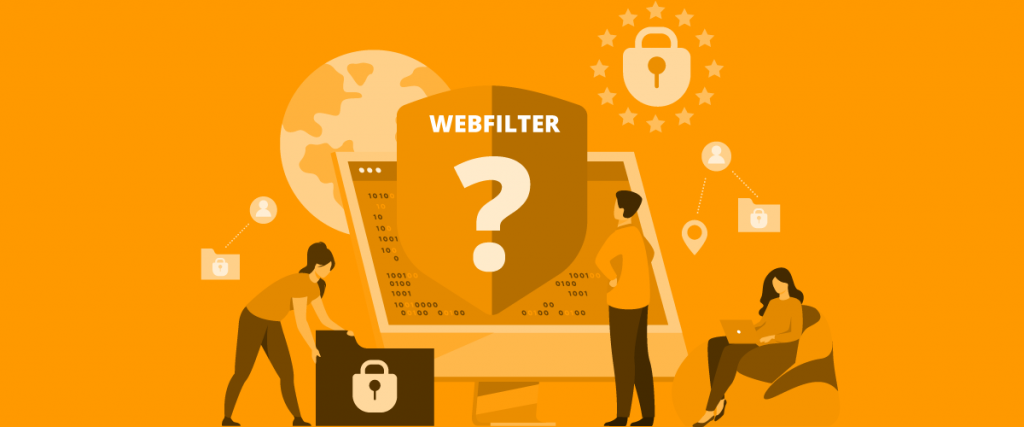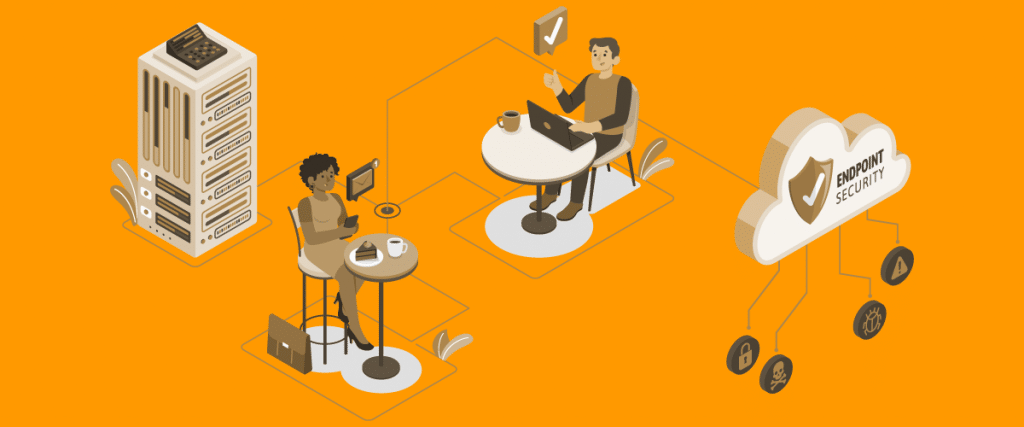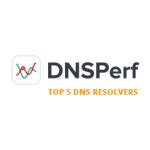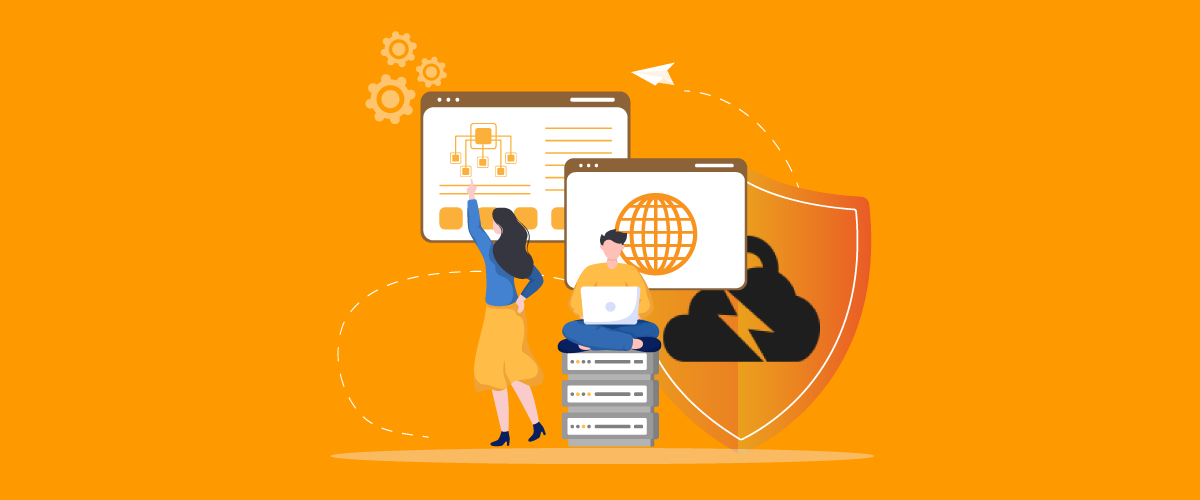
Filtering Urls, why it is important
Filtering Urls is essential in order to ensure safe browsing in any context. At home, a Url-blocking system protects minors while browsing; at work, it is beneficial in preventing attacks on the technological infrastructure and data theft.
1. Filtering Urls, what it means
What exactly is meant by Url filtering? With a Url filtering tool, a check and block to browsing is activated whenever a user clicks on a link that redirects to a page or site that is considered to be dangerous or harmful.
Url filtering limits the web contents that users can access by blocking the loading of certain pages or entire sites. In the workplace, Url filtering tools prevent employees from using company resources (devices, network bandwidth, for example) in a way that could harm the company. Thus, a company may decide to prevent browsing not only of sites that host particular kinds of contents, such as pornography, sites that glorify violence, or sites that sell weapons, for example, but it might choose to prevent going to social media, competitor sites, or entertainment and online gaming services. Similarly, at home, Url filtering protects the browsing by minors or the most vulnerable, preventing them from visiting pornographic sites and all those that may, in some way, influence them.
However, URL filtering also helps prevent malware and phishing attacks by blocking access to malicious web pages. The corporate employee may receive an invitation to click on a link via email or chat message and not immediately realize that the link leads to a malicious site. This can happen especially when browsing using a smartphone or tablet because people often pay less attention when it comes to using these devices. Similarly, it can happen that the device used to access the corporate network ends up in the hands of a family member, increasing the risks.
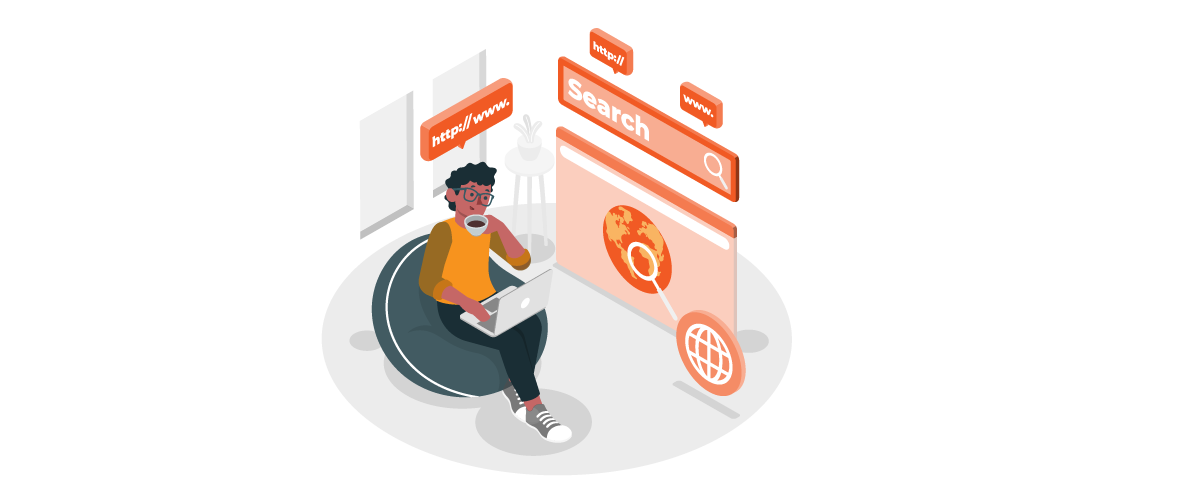
2. How a Url filtering system works
All Url filtering tools accomplish the same task but do so with different results. Url filtering blocks the loading of Urls or allows only certain ones to be loaded on a corporate network. And, generally, if a user attempts to reach a blocked Url, he or she is redirected to another page.
Url filtering tools are based on a database – a black list – that classifies Urls by topic and by “blocked” or “allowed” status. No one is required to compile this database, which is taken care of by the provider of the chosen tool. However, quality Url filtering service providers allow companies to customize blocked and permitted Urls.
A Url filter can block individual addresses or categories of addresses and sites. Blocking Url categories – defined by categorizing the words contained in a site – is more efficient because it groups together large groups of Urls that are considered to be dangerous, and it is also faster.
Typically, the provider of a Url filtering service creates categories and fills them with groups of Urls related to the same topic. For example, all known Urls used for phishing attacks could be placed in the “phishing” category, or, through geoblocking, attacks from countries known for malicious activity could be prevented. Moreover, the best Url filtering services today leverage machine learning to identify and categorize risky websites more rapidly.
>> FlashStart protects you from a wide range of threats and blocks access to malicious sites → Request a quotation or try it now
3. How to choose the right tool
Several Url filtering tools exist, some free and some for a fee. We will state right up front that fee-based services are, by far, preferred over free ones, especially in a business environment.
Browsing programs, such as Google Chrome, Edge, Safari, or Firefox, contain a free default filter, often referred to as “parental controls,” which can be easily activated from the browser settings. It is a tool with limited functionality, little customization, and relies on blacklists that are not always up-to-date. It may be advisable for home browsing, but it should be kept in mind that it is easily disabled and only blocks browsing from the specific browser being used at the time.
Similarly, parental controls found on web services, such as YouTube, or streaming services, such as Netflix – through the “children’s” profile setting, restrict browsing or the choice of contents to be submitted to that specific service.
>> FlashStart is a leader in competitiveness → Request a quotation or try it now
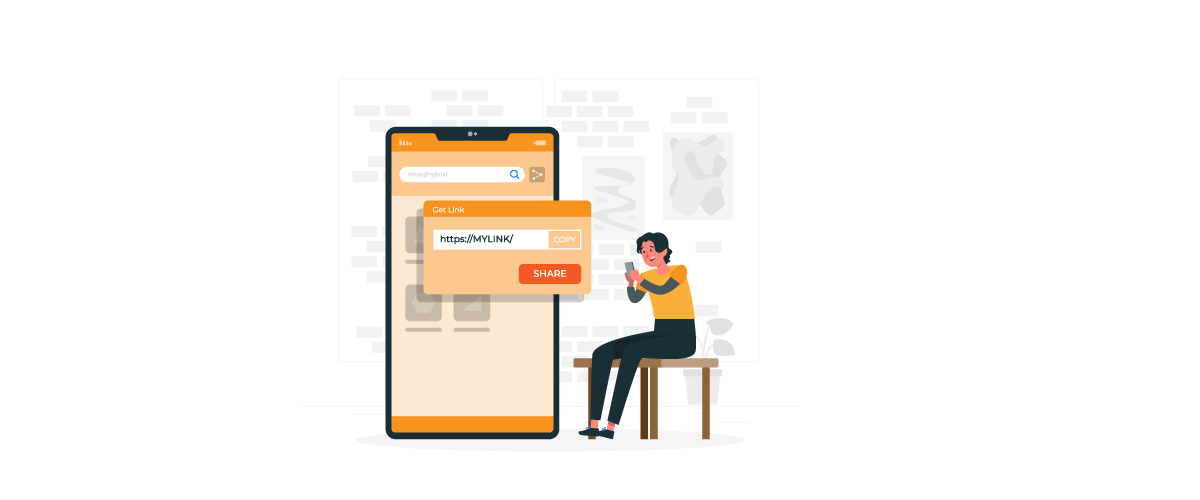
4. The DNS filter is the best tool for filtering Urls
Url filtering belongs to the more general scope of web filtering, such as DNS filtering, which is the filtering of browsing based upon the control of the DNS (Domain Name System). We can claim that DNS filtering service is certainly the most effective among those available.
A DNS filter checks the viability of the server which hosts a certain internet site to which a specific Url corresponds. With DNS filtering, one does not risk falling for the tricks that malicious people can use in masking the domain names of a site, the contents of web pages, and changing the path between the request and the site. DNS filtering checks if that server’s address is included in a black list. And the black lists which a professional filter uses are far more comprehensive and up-to-date than any free, site access, control tool.
>> FlashStart is totally in the cloud and easily activated → Request a quotation or try it now
FlashStart provides DNS filtering solutions for businesses, schools, and institutions, as well as for home browsing. It is also both a powerful and inexpensive alternative. Moreover, the value of the FlashStart solution is in its ability to analyze, with higher quality than any free filter, all the stops on a path which makes a request for access to a site.
However, FlashStart’s DNS filtering also stands out for its use of machine learning algorithms in order to exclude dangerous paths a priori, thus speeding up the process. What’s more, FlashStart is able to use more up-to-date and more reliable DNS records in analyzing routes from user to requested site.
Capable of filtering about two billion website queries, FlashStart DNS protects the browsing of twenty-five million users every day, is present in more than 150 countries around the world and in about twelve thousand companies, schools, and public administrations, and is provided, also as a service, by 700 certified partners. FlashStart DNS, moreover, is being adopted more frequently by Italian internet service providers who must comply with the law regarding the protection of the browsing of minors.
To conclude, we will summarize the distinctive features of the FlashStart DNS Filter:
» Frequent updating of blacklists: FlashStart checks 200 thousand new sites every day.
» Guaranteed low latency (means speed between request and access).
» Ninety categories of malicious sites and geo blocking to isolate dangerous countries.
» Use of artificial intelligence to improve blacklist quality and latency.
» Ease of configuration and customization.
» Native integration with Microsoft’s Active Directory to speed up the work of system administrators in schools, institutions, and SMEs
» Worldwide LAN protection and roaming to end points via Anycast network.
You can activate the FlashStart® Cloud protection on any sort of Router and Firewall to secure desktop and mobile devices and IoT devices on local networks.

